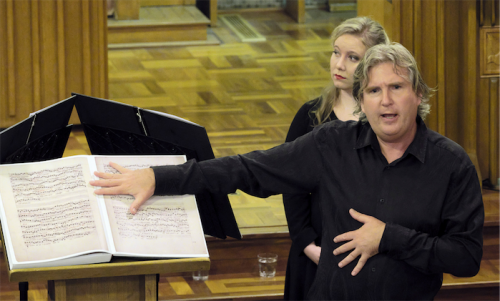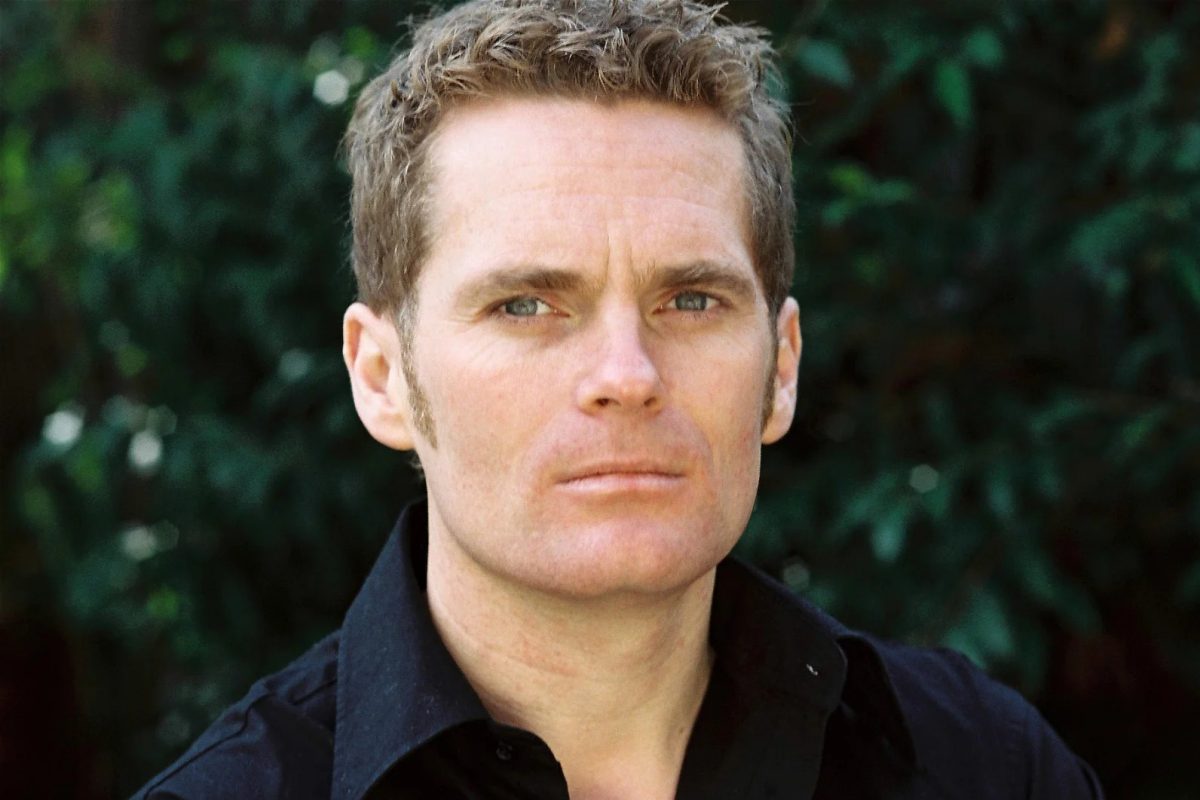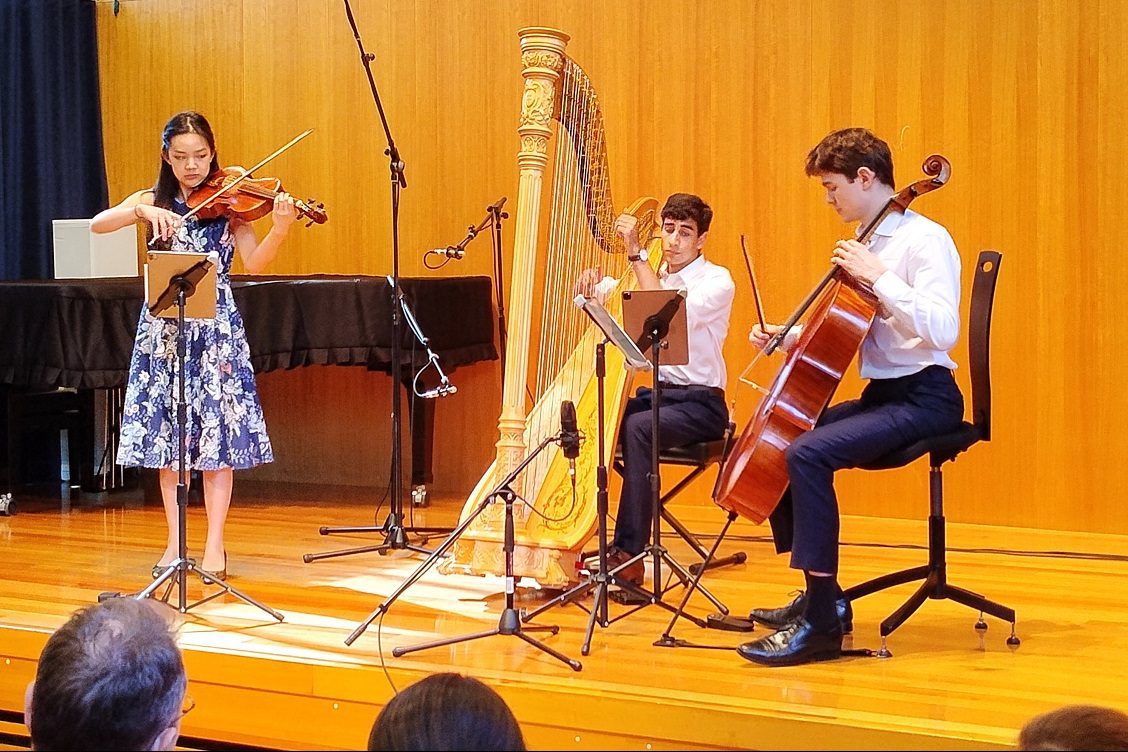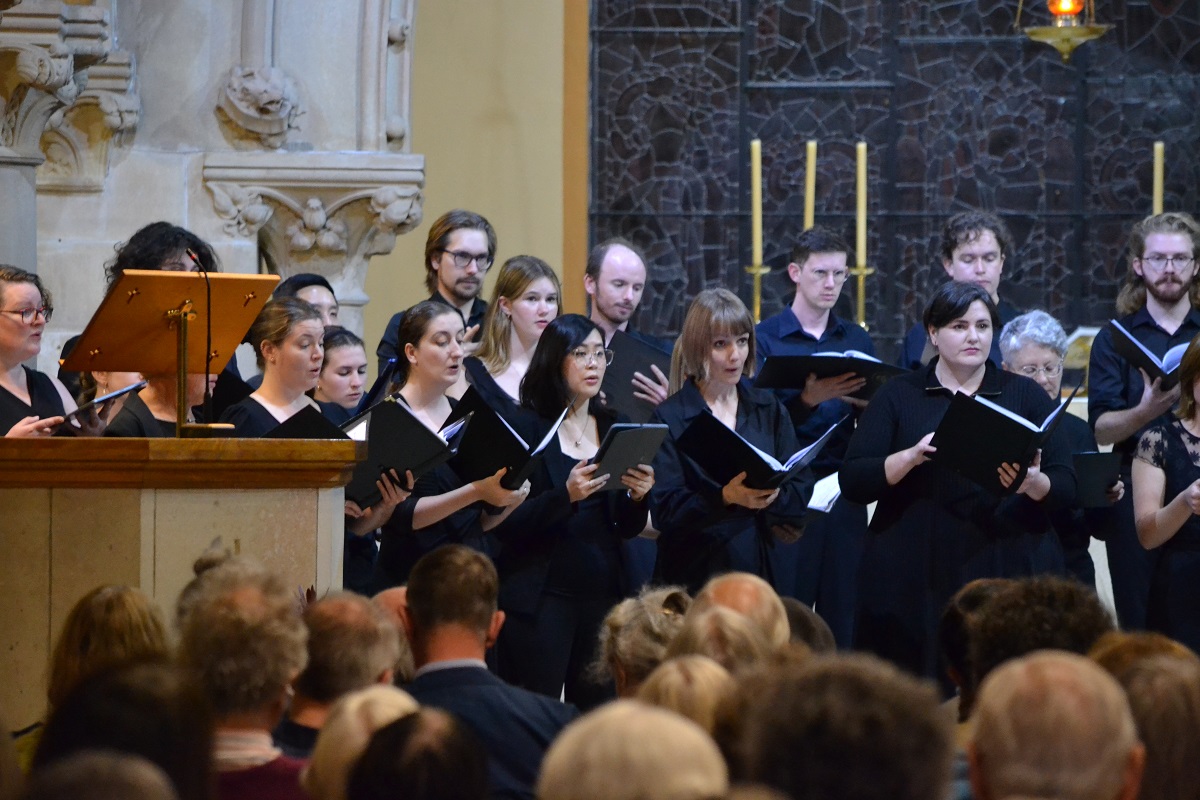
EVERY now and again, as a reviewer, one gets to listen to something quite extraordinary. This concert was one of those evenings.
The concert was of sacred choral music written in the late 15th century for the chapel at Eton College in England (yes, that Eton) and bound into a book around 1500. Around half of the original pages, or “leaves” have survived and it is from this collection of music that the four works performed have come.
As Song Company director Antony Pitts explained to the audience, what makes performing this music complicated is that each of the four to six separate parts of the music were written out individually and placed individually on the open two pages of the book.
This means that the singer reading one part can only concentrate of that part with little idea of what the other parts are doing. Modern music is written with the parts grouped together so everyone involved can see the entirety of the score. Fifthteenth-century music also ignored the modern convention of “bar lines”, which divide the music into regular rhythmic chunks adding to the complexity of performance.
The performance was quite short. It was all over and done with in around 70 minutes, but it was 70 minutes of immersive and captivating music.
The four pieces sung were all quite different, yet similar. The “Magnificat”, by William Monk of Stratford, used all nine voices in constantly shifting combinations. Richard Davy’s “St Matthew Passion” alternated solo plainchant with choral sections while John Browne’s “Stabat mater dolorosa” used every possible combination of the voices culminating in a quite astonishing final “Amen”. The final work was a “Credo in Deum” written by Robert Wykynson as a canon with all the parts layering on top of each other.
The applause at the end was sustained and intense in a manner rarely heard. The singers, quite rightfully, looked quite pleased with themselves.
Who can be trusted?
In a world of spin and confusion, there’s never been a more important time to support independent journalism in Canberra.
If you trust our work online and want to enforce the power of independent voices, I invite you to make a small contribution.
Every dollar of support is invested back into our journalism to help keep citynews.com.au strong and free.
Thank you,
Ian Meikle, editor





Leave a Reply